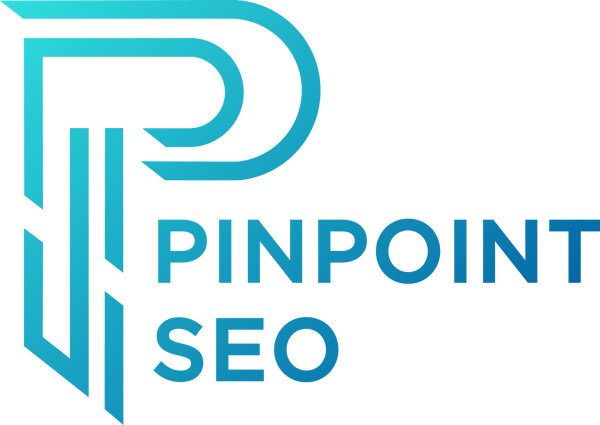SEO Explained
SEO or Search Engine Optimisation is the all-encompassing process of getting better results from your digital presence, particularly your website.
At its core, it is simply increasing your search results, but we like to take a broad, comprehensive approach, and ensure all your digital assets are working for you.
However, if you just want us to concentrate on your website, then certainly, we can do that for you!
So how do we do it?

The Future Precisely
Start with a great website then refine it with leading edge SEO practices
At Pinpoint we’re not just about clicks. We’re about you, your customers or clients, and your business.
SEO is affected by:
- Security/Trustworthiness
- Accessibility (vision impaired etc)
- Mobile optimisation
- SSL
- Quality Content
- Speed
- Bounce Rate/Conversation rate
- Keywords and more…
It’s quite complex!
To get the best out of your SEO, you need a website that serves your customers, but not just your customers, it needs to serve them in the manner that Google understands, so Google (and other Search Engines) can confidently send customers or clients to you.
How to do SEO for websites step-by-step
Can’t I just look up Google’s algorithm and follow it?
Google don’t publish their algorithm. If they did, people would just game it.
They do publish principles though and the main principle is “having a great, inclusive website, for your customers”. Inclusivity is something that people tend to forget about, but Google don’t.
From Googles point of view, there’s no point sending traffic to your website if they aren’t sure what it’s about or if not, all customers can use it (inclusivity) or feel safe on it (also inclusivity).
So we make it clear to Google through SEO practices that your customers can understand it and would want to use it, then Google can confidently include you in search results.
SEO is the practice of helping both your customers and search engines understand and use your website.
Google, Google, Google!
Yes, we talk about Google only, and it’s true, there are other search engines out there, such as Bing, Yahoo and others, but Google dominate and by using standard SEO practices, you’re optimising for all search engines, not just Google.
So when we say Google, we really mean “Google is the market leader by far, but we’re really talking about all Search Engines”.
Do you use AI?
Yes, but it’s only a small part at the moment, as it’s usefulness is limited.
It should get better with time, and we’ll certainly be embracing it when it does.
Cutting Edge is only Cutting Edge if you continually sharpen it!
Set and Forget
Unfortunately, it doesn’t work that way. Google (and other search engines) are constantly refining their search algorithms.
This is great for Googles customers, as the algorithms get better and better, they serve up better and better results, but sometimes this can mean a slip in the results you get if the new algorithm doesn’t pick your website up as well, so ongoing monitoring and tweaking is recommended.
Frequently Asked Questions
No.
SEO is a specialised area.
Your web designer is a specialist in web design.
It’s like paying for a Toyota Corolla and expecting to get a Formula 1 race car.
SEO considers a lot of factors and requires a lot of work.
Absolutely!
Generally, we would send the results to you to pass on to your web designer to implement, but we can work directly with your web designer.
Not everyone does. If you’re the only café in a small town and you already rank when people search for you, then probably you won’t get any extra business.
The litmus test is “am I getting the results out of my website that I hoped for”.
If you’re not ranking at all, possibly within days, but generally 3-6 months. Google, and search engines in general, are not silly. If they made instant changes to search results, then people would work out how to manipulate their algorithms quickly.
You need to keep in mind what search engines are trying to achieve – accurate, useful results for people. And that’s exactly what we’re trying to achieve. We don’t just want clicks that don’t convert to more business for you, we want to increase your business.
We work with you for the Win, Search Engines for the Win, and that’s a Win for us. Win-Win-Win!
You heard all you need is to buy backlinks. You heard wrong.
Quality links to your website help your SEO but junk one’s harm it and may even get you penalised.
If you create a great website, that other websites would be pleased to link to, then this will almost certainly help your SEO and help build your “Domain Authority”.
You can and that’s part of a digital marketing strategy, but Google state they do not count paid advertising in their search algorithms.
Search Engine Optimisation is about unpaid or free (organic) results. These have the highest click through rate and of course, are free… which is a good price!
There is onsite and offsite work to do.
The biggest chunk for sure, is your website, but things like Social Media count towards SEO, so there is work to be done in other areas as well.
Once we’ve done SEO, is that it?
No, Google and other Search Engines are constantly changing and improving their search algorithms.
An algorithm update can sometimes lead to a sudden drop in search results, and we may need to try to work out why and get you back to where you belong.

